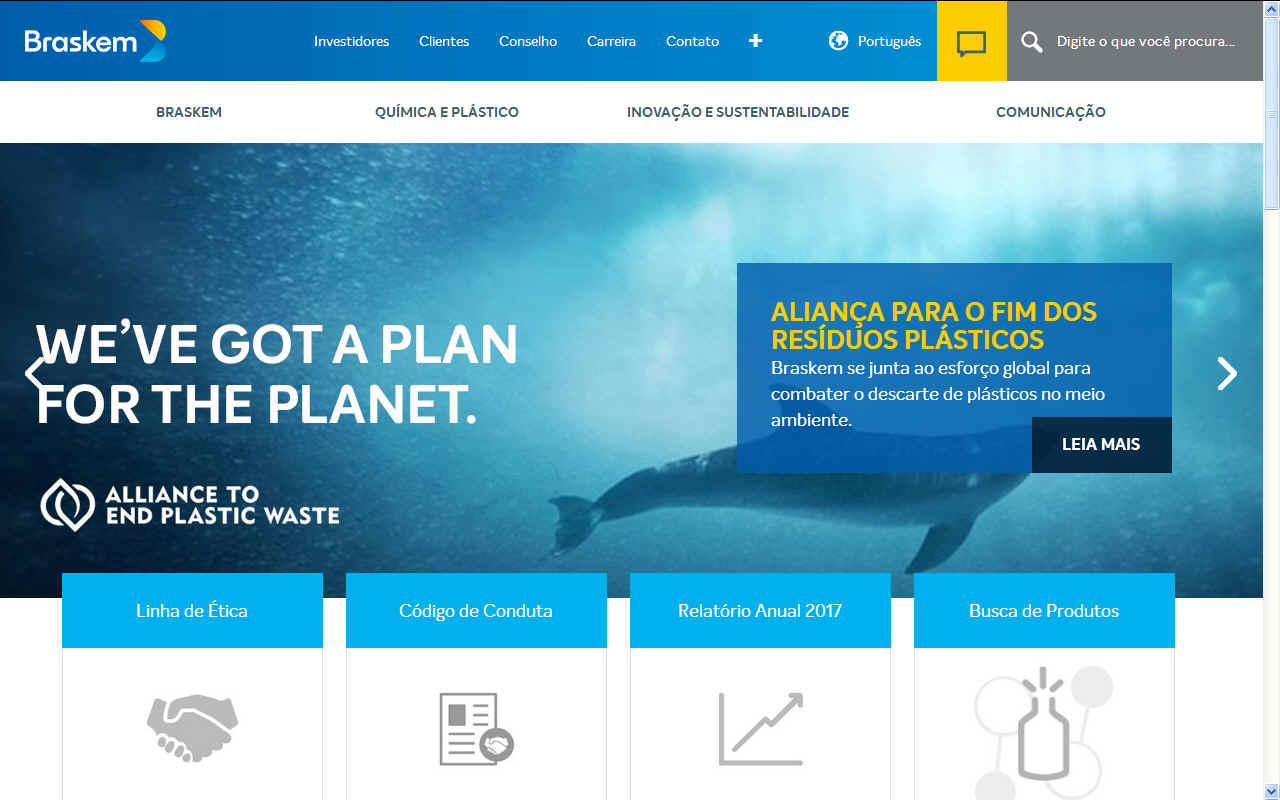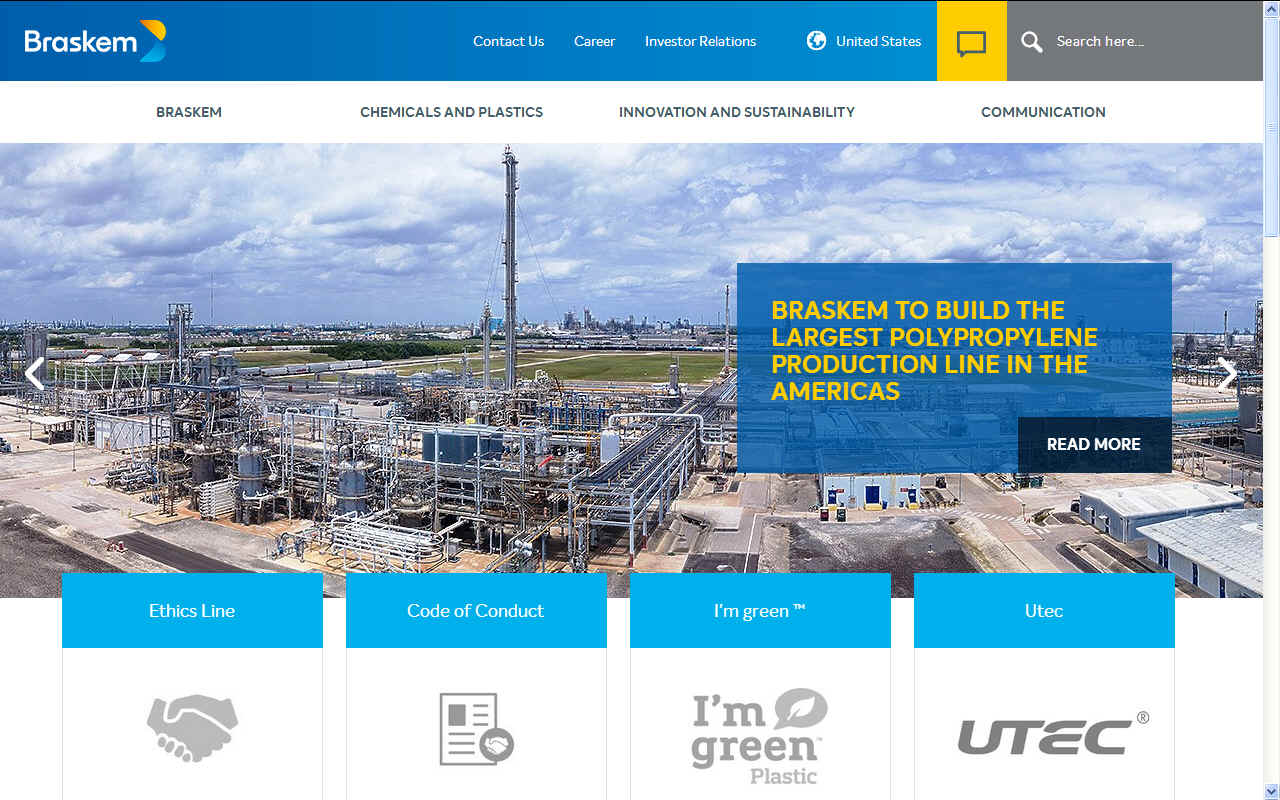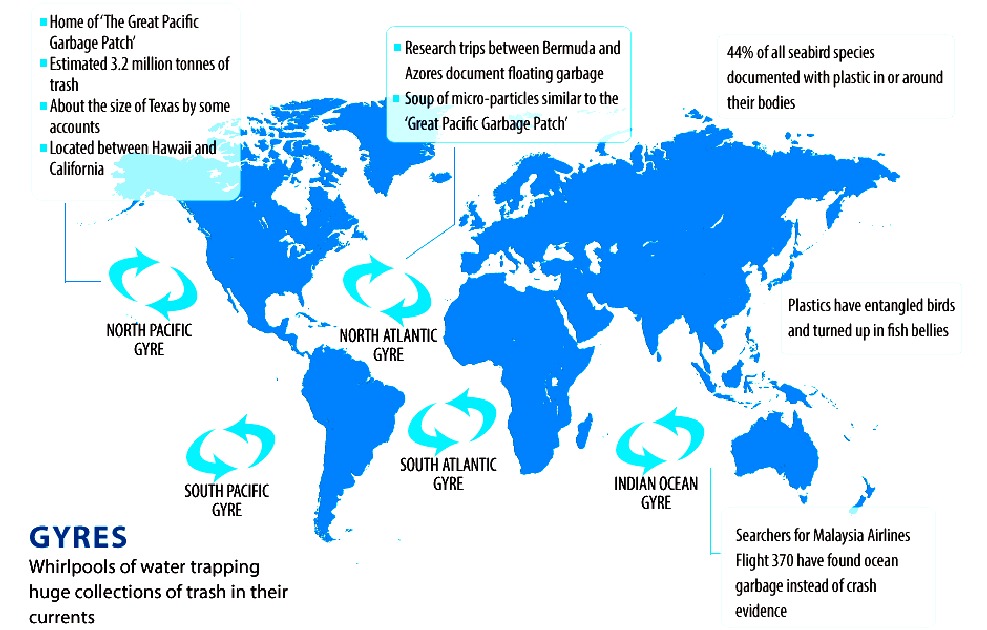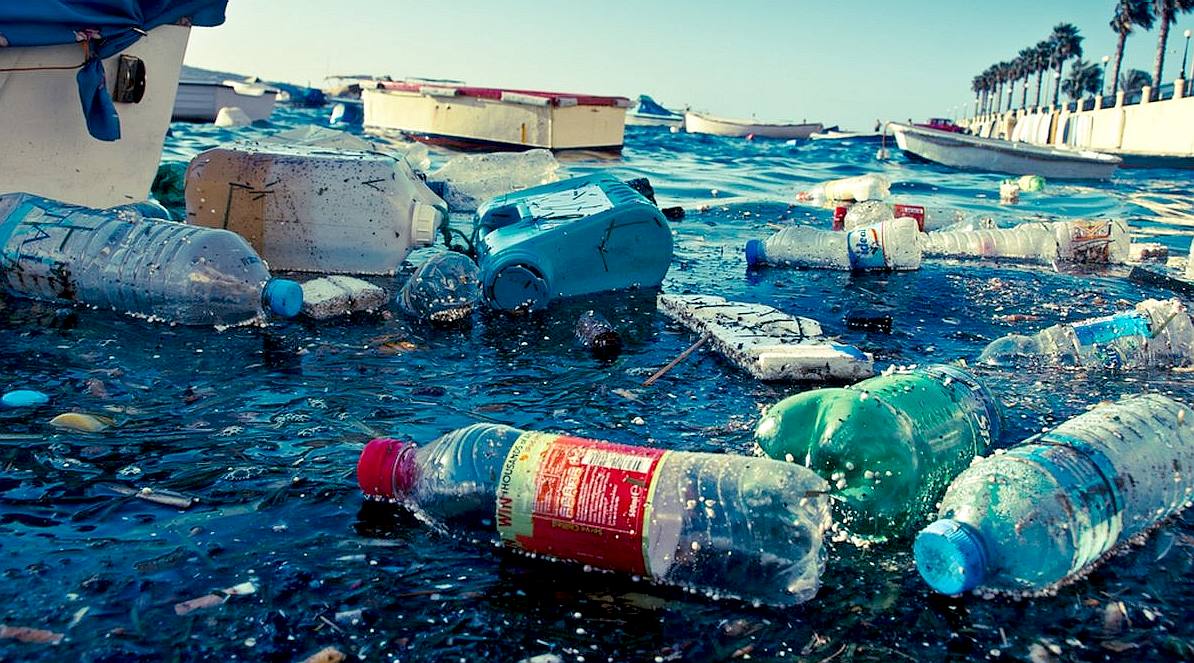|
BRASKEM SA - PLASTICS
ACTIONS - Braskem is a signatory to the voluntary commitments of the Association of Plastic Manufacturers (PlasticsEurope), the American Chemistry Council (ACC), Asociación Nacional de la Industria Química (ANIQ) and Asociación Nacional de Industrias del Plástico (ANIPAC).
Braskem SA is the largest chemical and petrochemical company in South America. The company has as an objective to recycle 100% plastic by 2040, an admirable aspiration.
The company produces thermoplastic resins: polyvinyl chloride (PVC), polyethylene, and polypropylene, which are the base ingredients for a large number of fibers and plastic materials.
Braskem also manufactures aromatic and intermediate chemicals used in the production of nylons and other substances. Braskem was founded in 2002 and is headquartered in Sao Paulo, Brazil.
* Propylene butadiene
They
have updated their policies with the goal of becoming leaders in business contribution to
Sustainable
Development.
We think that with such an approach that Braskem are acting positively to adapt to changing circumstances and potentially open to emerging technology in the cause.
The Circular Economy Quote:
"With a global vision focused on the future, Braskem, the largest resin producer in the Americas and the world’s leading biopolymer producer, works every day to improve people’s lives by creating sustainable solutions in chemistry and plastics.
Policies
As we say, this companies objective to recycle 100% plastic by 2040 is an admirable aspiration. That coupled with their willingness to engage with other stakeholders to to forge policies to protect the natural world.
Contacts
Braskem SA HQ Rua Lemos Monteiro, 120
We cannot do without plastics in our modern society. They are incredibly versatile, extending the capabilities of mankind. But plastic is getting bad press from a lack of recycling efficiency in many countries where significant quantities are being flushed out to sea via rivers and other coastal dumping.
There is nothing wrong with plastic if it is disposed of carefully. Oil derived plastics are a finite resource and non-renewable demanding special attention, as with the changeover from burning fossil fuels to renewables.
This gives us another good reason to develop a system for making the best use of plastic, and this includes recycling it way more effectively than before. We cannot afford to waste plastic that is in our oceans, and we are talking about at least 8 million tons a year of the stuff going out to sea.
FAST FOOD SLOW DEATH - It's not just fast food, it is our exploitative society that is poisoning the planet, without thought for the consequences. We've been living at artificially low prices at the expense of killing other life on earth. Eat cheap now and suffer expensively later, with health services picking up the tab and costing the taxpayer more than if we'd dealt with ocean dumping up front. We are talking here about the consequences of eating toxic fish. Technically, it is possible to remove plastic from seawater. There are two projects currently trying to achieve this, the Ocean Cleanup Projects of Boyan Slat and his giant floating booms, and the Cleaner Ocean Foundation and SeaVax.
It's easy to dismiss plastics as cheap and nasty materials that wreck the planet, but if you look around you, the reality is that we depend on it. If you want cars, toys, replacement body parts, medical adhesives, paints, computers, water pipes, fiber-optic cables, and a million other things, you'll need plastics as well.
If you think we struggle to live with plastics, try imagining for a moment how we'd live without them. Plastic is pretty fantastic. We just need to be smarter and more sensible about how we make it, use it, and recycle it when we're done with it.
Most plastics are synthetic, they'd never spontaneously appear in the natural world and they're still a relatively new technology, so animals and other organisms haven't really had chance to evolve so they can feed on them or break them down.
Since a lot of the plastic items we use are meant to be low-cost and disposable, we create an awful lot of plastic trash. Put these two things together and you get problems like the Great Pacific Garbage Patch, a giant "lake" of floating plastic in the middle of the North Pacific Ocean made from things like waste plastic bottles.
How can we solve horrible problems like this? One solution is better public education. If people are aware of the problem, they might think twice about littering the environment or maybe they'll choose to buy things that use less plastic packaging.
Another solution is to recycle more plastic, but that also involves better public education, and it presents practical problems too (the need to sort plastics so they can be recycled effectively without contamination). A third solution is to develop bioplastics and biodegradable plastics that can break down more quickly in the environment.
LINKS & REFERENCE
https://www.braskem.com/principal/circulareconomy http://www.braskem.com.br/usa https://www.braskem.com.br/
BUILD UP - Plastic has accumulated in five ocean hot spots called gyres, see here in this world map derived from information published by 5 Gyres. All that plastic just floating around is a huge waste of resources in a sustainable sense, where we should be aiming for a circular economy.
ABS - BIOMAGNIFICATION - CANCER - CARRIER BAGS - COTTON BUDS - DDT - FISHING NETS - HEAVY METALS - MARINE LITTER MICROBEADS - MICRO PLASTICS - NYLON - PACKAGING - PCBS - PET - PETROLEUM - PLASTICS - POLYCARBONATE - POLYOLEFINS POLYPROPYLENE - POLYSTYRENE - POLYTHENE - POPS - PVC - SHOES - SINGLE USE - SOUP - STRAWS - WATER
This website is provided on a free basis as a public information service. copyright © Cleaner Oceans Foundation Ltd (COFL) (Company No: 4674774) 2019. Solar Studios, BN271RF, United Kingdom. COFL is a company without share capital.
|



